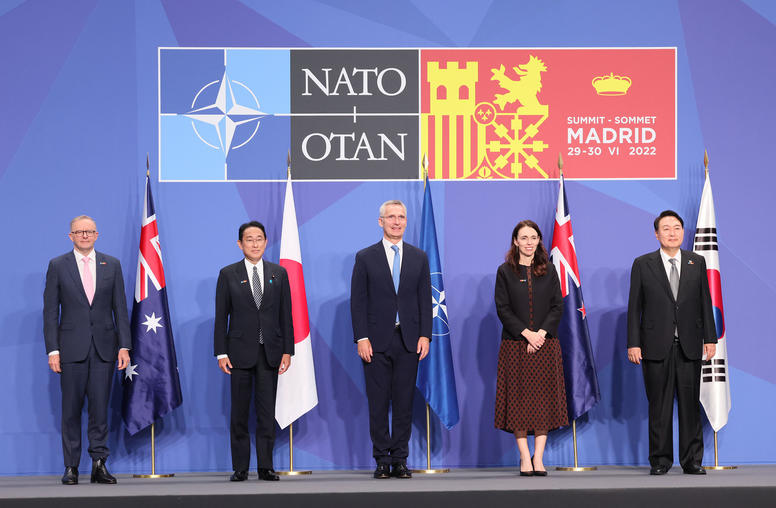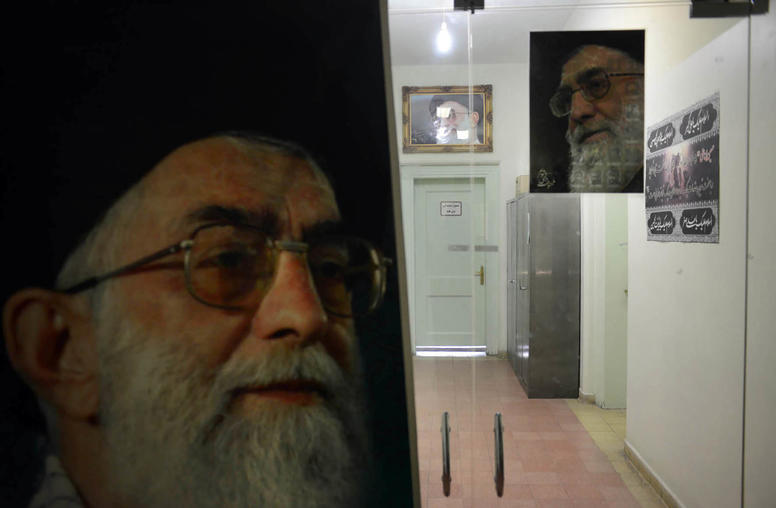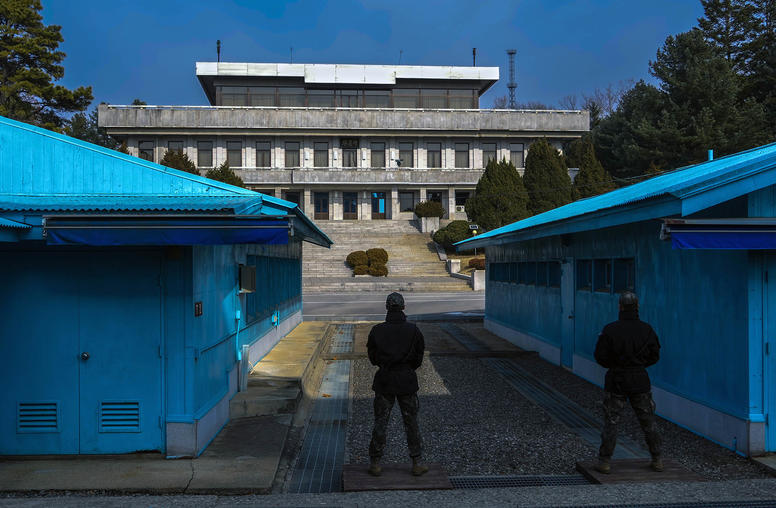Peacebuilding on the Korean Peninsula: U.S. and European Perspectives
Since the end of the Korean War in 1953, peace and reconciliation on the Korean Peninsula have remained elusive despite being the stated goals of both South Korea and North Korea. However, other similar conflicts from the Cold War period—most notably between West and East Germany—have largely been resolved.
How can the two Koreas move towards establishing a sustainable peacebuilding process? Are they in the driver’s seat or are other external factors dictating the process? How can the international community contribute to the peace process?
On March 24, USIP and the Centre for Security, Diplomacy and Strategy at the Brussels School of Governance hosted a panel discussion looking at U.S. and European perspectives on achieving peace and reconciliation on the Korean Peninsula—and whether similar processes in other regions provide any helpful lessons.
Continue the conversation on Twitter with #KoreanPeacePerspectives.
Speakers
Frank Aum
Senior Expert, North Korea, U.S. Institute of Peace
Tongfi Kim
Senior Researcher, KF-VUB Korea Chair, Centre for Security, Diplomacy and Strategy, Brussels School of Governance
Linde Desmaele
PhD Researcher, Centre for Security, Diplomacy and Strategy, Brussels School of Governance
Joseph Yun
Senior Advisor, U.S. Institute of Peace
Ramon Pacheco Pardo, moderator
KF-VUB Korea Chair, Centre for Security, Diplomacy and Strategy, Brussels School of Governance



